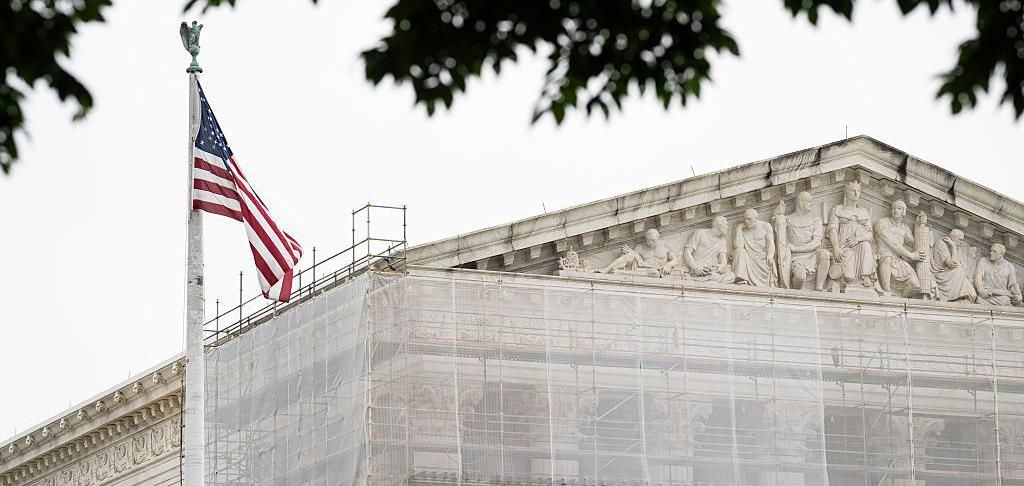- Donald Trump has asked the US Supreme Court to overturn a federal appeals court ruling that declared many of his tariffs illegal.
- The court found that the president exceeded his authority under the International Emergency Economic Powers Act (IEEPA), arguing that setting tariffs is a power reserved for Congress.
- If the Supreme Court declines to hear the case, the ruling could take effect by mid-October, potentially forcing the US to refund billions in collected tariffs and reshaping Trump’s trade strategy.
Donald Trump’s administration has launched a high-stakes appeal to the US Supreme Court, seeking to preserve a cornerstone of its trade policy after a federal court ruled that the president overstepped his authority in imposing sweeping tariffs.
The legal challenge stems from Trump’s use of the International Emergency Economic Powers Act (IEEPA), a law designed to address national emergencies. In April, Trump declared an economic emergency, citing trade imbalances and threats to domestic manufacturing. He then issued executive orders imposing a baseline 10% tariff and additional “reciprocal” tariffs on more than 90 countries.
A coalition of small businesses and state governments challenged the move, arguing that the president had no legal basis to set import taxes under IEEPA. The US Court of Appeals for the Federal Circuit agreed, ruling 7-4 that tariff-setting is a legislative function and not within the scope of presidential emergency powers.
The decision also invalidated tariffs on Canada, Mexico, and China, which the administration had justified as measures to curb drug imports. However, duties on steel and aluminium remain unaffected, as they were enacted under a separate legal authority.
Trump’s legal team has asked the Supreme Court to fast-track the case, warning that the lower court’s decision threatens ongoing trade negotiations and could destabilize the US economy. If the justices decline to hear the appeal, the ruling will take effect on October 14, potentially triggering refunds of billions in tariffs and forcing a major reset of US trade policy.
The outcome of the case could redefine the limits of presidential power in economic matters and reshape how future administrations approach global trade.


